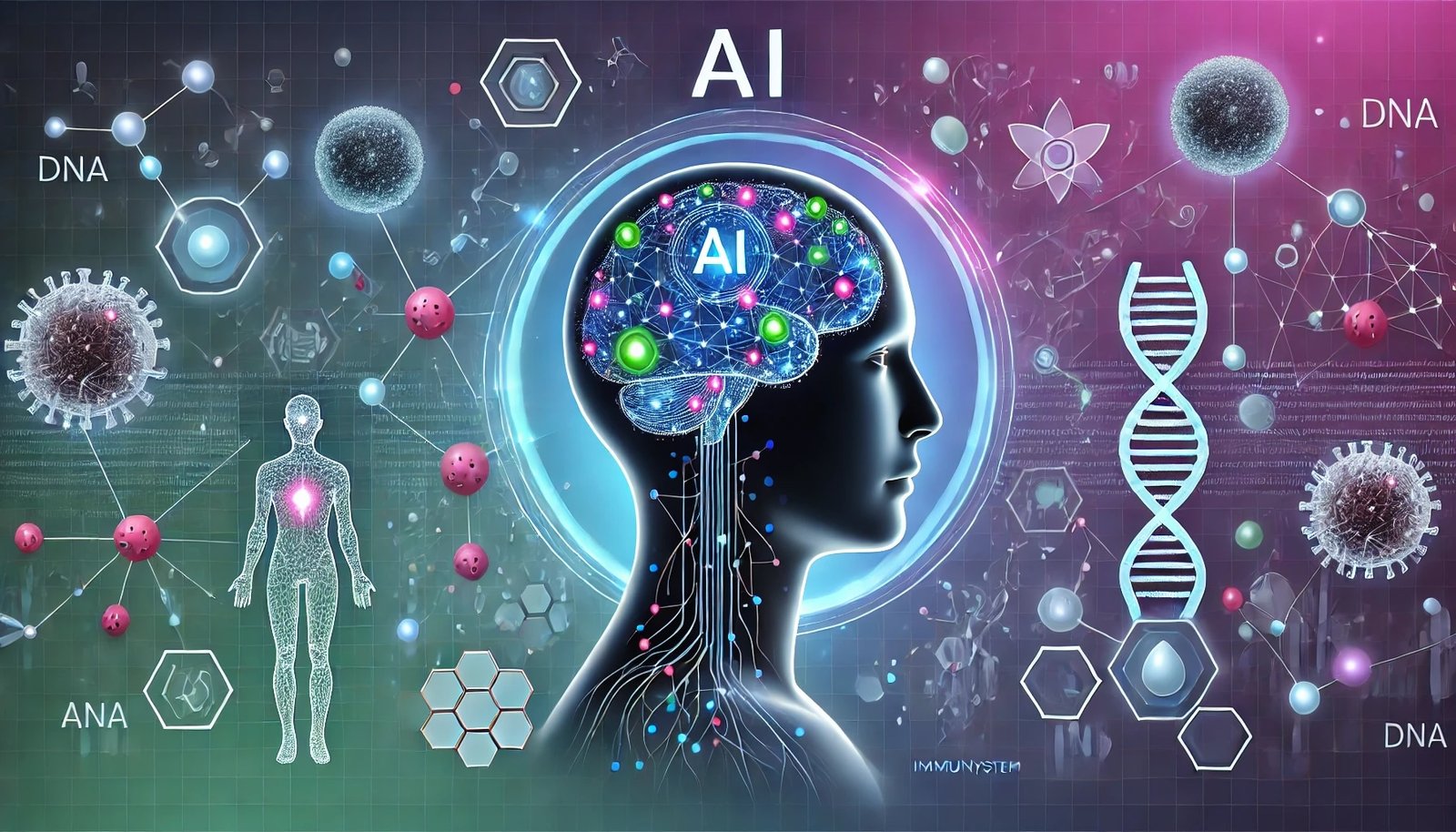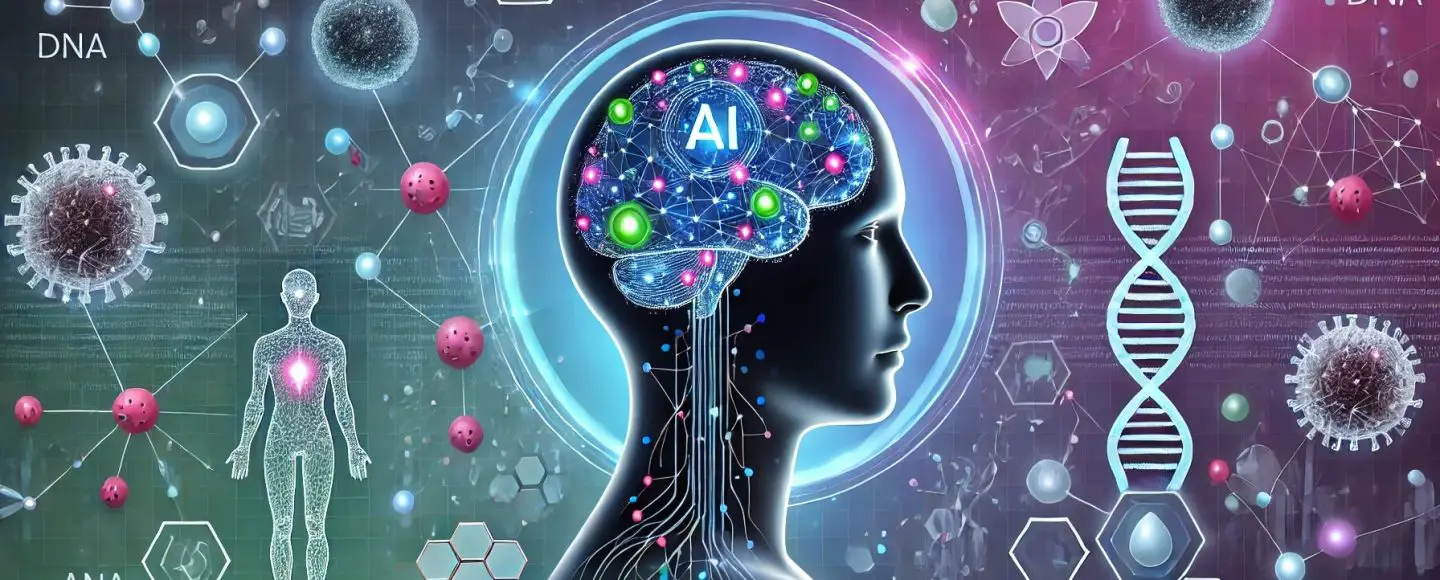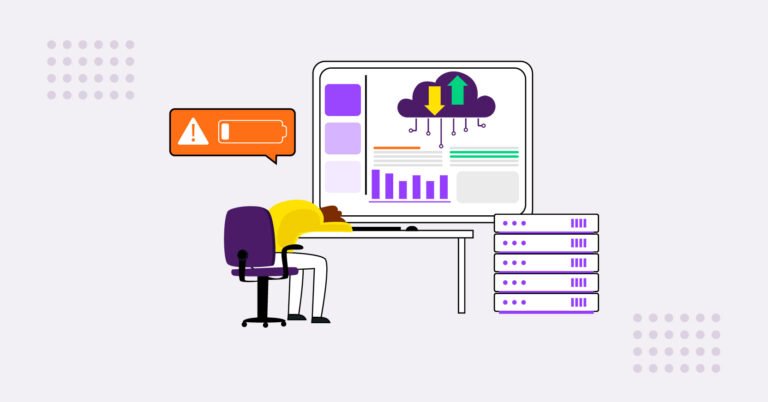

AI Advances Understanding of Autoimmune Diseases
Autoimmune diseases have long puzzled scientists due to their intricate, multifaceted nature. These conditions occur when the immune system mistakenly attacks the body’s healthy cells, often leading to chronic pain, inflammation, and organ damage. More than 80 different types of autoimmune disorders exist, including lupus, rheumatoid arthritis, Type 1 diabetes, and multiple sclerosis. Each of these diseases presents unique challenges in diagnosis and treatment, largely because the underlying genetic factors remain difficult to decipher.
Artificial Intelligence (AI) is now at the forefront of dismantling these challenges. By identifying genetic relationships and patterns that were previously invisible to human researchers, AI is paving the way for breakthroughs in understanding autoimmune diseases more effectively.
Also Read: Growing Uses of Artificial intelligence (AI) in Diagnostics
How AI is Shaping Genetic Research
AI has already transformed many fields, but its applications in genetic research are nothing short of revolutionary. One of its primary advantages is its ability to analyze vast datasets faster than traditional methods ever could. Autoimmune diseases are influenced by complex genetic factors, often involving hundreds of genes interacting simultaneously with environmental triggers.
AI algorithms can sift through this enormous genetic data and pinpoint key relationships. Machine learning models specialize in recognizing genetic markers associated with autoimmune conditions, which helps scientists to unravel previously hidden intricacies. This newfound understanding can aid in identifying individuals who are more likely to develop these diseases, even before symptoms appear.
Researchers expect that as AI technology evolves, it will further enhance the precision with which genetic mutations and disease patterns are mapped, setting the stage for breakthroughs in personalized medicine.
Also Read: Predictive diagnostics for early disease detection
Accelerating the Diagnosis of Autoimmune Diseases
Diagnosing autoimmune diseases has long been a time-consuming and uncertain process. Patients often undergo years of testing before receiving a proper diagnosis, as many autoimmune conditions mimic other diseases in their early stages. AI tools are now addressing this problem by streamlining diagnostic procedures.
By training AI systems on medical records, lab results, and imaging scans, researchers can identify diagnostic patterns faster and with greater accuracy. For example, AI-based systems can analyze blood tests and inflammatory markers to detect subtle indicators that may be overlooked by traditional diagnostics. This early detection allows patients to start treatment sooner, preventing irreversible damage to their bodies.
Some researchers are also exploring the use of natural language processing (NLP), a branch of AI, to analyze patient self-reported symptoms or physician notes. This approach further improves the accuracy of diagnosis by incorporating qualitative data often excluded from rigid statistical analyses.
Also Read: Genetic Optimization and Crop Breeding
Advancing Personalized Treatments
Autoimmune diseases have a history of being treated with a “one-size-fits-all” approach, focusing primarily on suppressing the immune system. While these treatments can alleviate symptoms, they often come with significant side effects and do not address the root cause of the disease.
AI is transforming this approach by enabling the development of personalized treatment plans. Using data from genetics, patient history, and ongoing health metrics, AI systems can recommend therapies tailored to individual patients. This level of personalization means more effective treatments with fewer side effects.
Pharmaceutical companies are also leveraging AI to accelerate drug discovery. By modeling how autoimmune diseases interact with potential drugs, AI can identify compounds that are likely to be most effective. This not only speeds up the process of bringing new drugs to market but also offers hope for treatments that target the disease mechanisms directly.
Tackling Data Biases in Autoimmune Research
Historically, autoimmune research has suffered from data limitations and biases. Much of the prior research has been conducted on specific populations, leaving gaps in understanding for patients from underrepresented groups. AI offers a chance to correct these imbalances.
By incorporating diverse datasets from across the globe, AI can broaden the scope of autoimmune research. Scientists are working to integrate genetic data from various ethnicities, ages, and genders, ensuring that research and treatments are inclusive. This effort is vital in improving health outcomes for a broader range of patients, as autoimmune diseases can affect individuals differently depending on their genetic and environmental backgrounds.
Some initiatives are also harnessing AI to identify where these biases exist and adjust models accordingly, ensuring that decisions made by AI systems are fair and equitable.
Ethical Considerations in Applying AI
While the potential of AI in tackling autoimmune diseases is immense, its application raises several ethical questions. Data privacy is one of the most significant concerns. Genetic research and health diagnostics rely on sensitive personal data, and ensuring this data is protected is critical.
Transparency is another key issue. Machine learning algorithms are often described as “black boxes” because their decision-making processes can be challenging to interpret. Researchers and medical professionals must prioritize developing models that are explainable and can be trusted by both doctors and patients.
Collaboration between AI developers, researchers, and regulatory bodies will be crucial in addressing these challenges and building a framework for the responsible use of AI in healthcare.
Also Read: Personalized treatment and precision medicine
The Future of AI in Autoimmune Disease Management
The integration of AI into autoimmune disease research and treatment is only the beginning. As AI continues to evolve, its capabilities will expand even further, offering new opportunities to understand these diseases at their core. From improved diagnostics to groundbreaking cures, AI holds the promise of transforming patient care completely.
Health professionals are optimistic about the potential to use AI for preventive strategies, enabling patients to adopt lifestyle changes before autoimmune conditions develop. AI could also unlock deeper insights into the environmental factors influencing these diseases, paving the way for innovative public health strategies.
Ultimately, the collaboration between AI and human expertise is unlocking a new era for autoimmune care. The interplay between technology and biology is poised to reduce suffering, improve outcomes, and offer hope to millions of patients worldwide.
Artificial Intelligence is proving to be a game-changer in unraveling the mysteries of autoimmune diseases. With its ability to process complex genetic data and enhance diagnostic accuracy, AI is shaping the future of healthcare, bringing personalized treatments and improved patient outcomes to the forefront.
References
Parker, Prof. Philip M., Ph.D. The 2025-2030 World Outlook for Artificial Intelligence in Healthcare. INSEAD, 3 Mar. 2024.
Khang, Alex, editor. AI-Driven Innovations in Digital Healthcare: Emerging Trends, Challenges, and Applications. IGI Global, 9 Feb. 2024.
Singla, Babita, et al., editors. Revolutionizing the Healthcare Sector with AI. IGI Global, 26 July 2024.
Topol, Eric J. Deep Medicine: How Artificial Intelligence Can Make Healthcare Human Again. Basic Books, 2019.
Nelson, John W., editor, et al. Using Predictive Analytics to Improve Healthcare Outcomes. 1st ed., Apress, 2021.
Subbhuraam, Vinithasree. Predictive Analytics in Healthcare, Volume 1: Transforming the Future of Medicine. 1st ed., Institute of Physics Publishing, 2021.
Kumar, Abhishek, et al., editors. Evolving Predictive Analytics in Healthcare: New AI Techniques for Real-Time Interventions. The Institution of Engineering and Technology, 2022.
Tetteh, Hassan A. Smarter Healthcare with AI: Harnessing Military Medicine to Revolutionize Healthcare for Everyone, Everywhere. ForbesBooks, 12 Nov. 2024.
Lawry, Tom. AI in Health: A Leader’s Guide to Winning in the New Age of Intelligent Health Systems. 1st ed., HIMSS, 13 Feb. 2020.
Holley, Kerrie, and Manish Mathur. LLMs and Generative AI for Healthcare: The Next Frontier. 1st ed., O’Reilly Media, 24 Sept. 2024.
Holley, Kerrie, and Siupo Becker M.D. AI-First Healthcare: AI Applications in the Business and Clinical Management of Health. 1st ed., O’Reilly Media, 25 May 2021.




